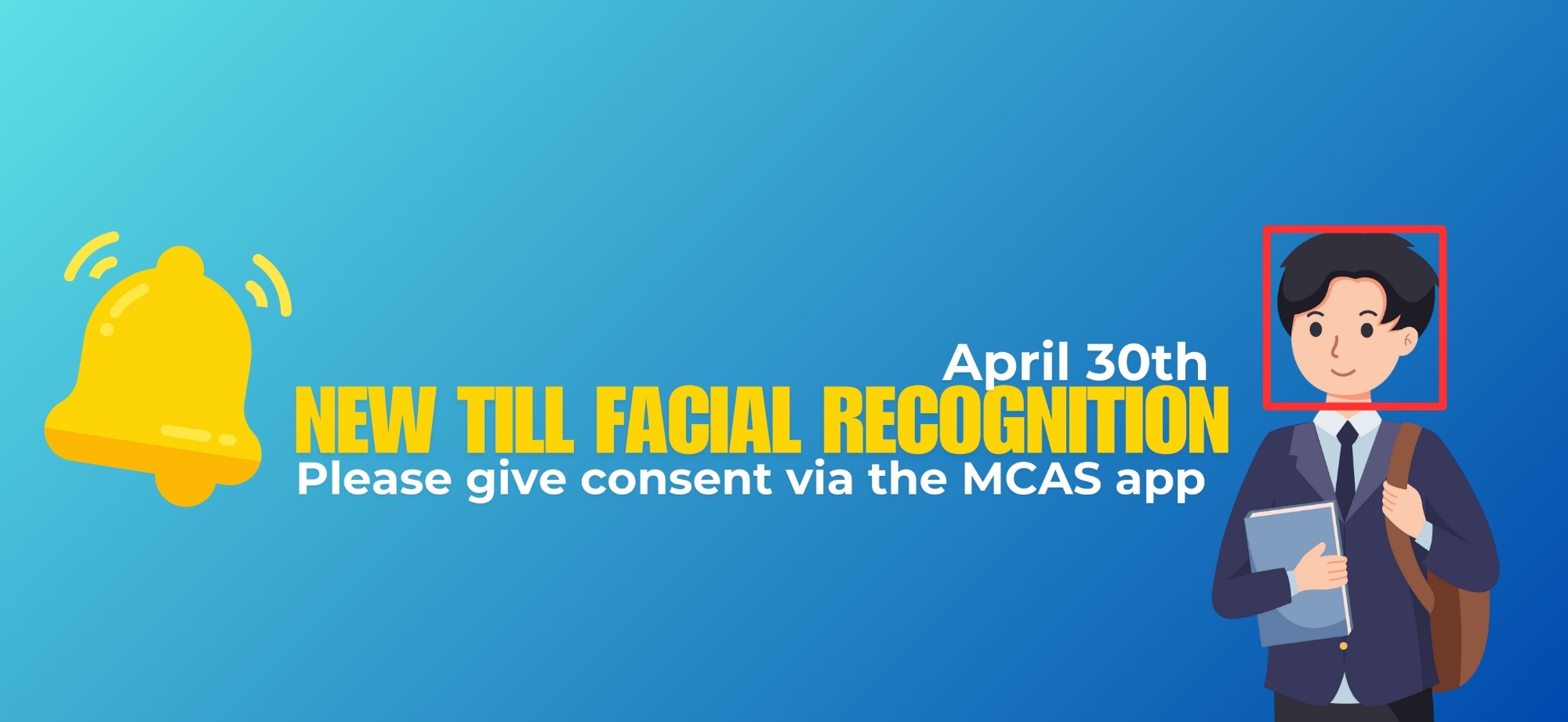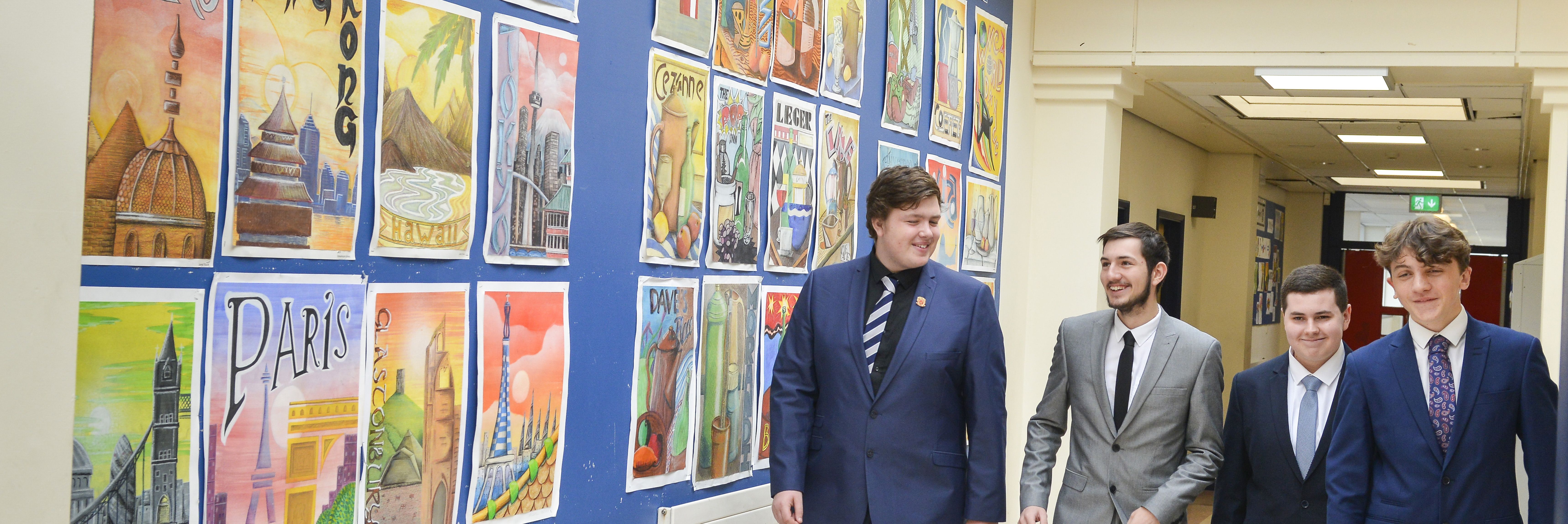- To understand the life of George Orwell, the context of Post-War Britain, the Russian Revolution, and how these elements relate to allegory in dystopian fiction.
- To understand the key themes in Orwell's work, such as irony, corruption, leadership and control, lies and deceit, the failure of plans and dreams, and propaganda, and how these themes are commonly explored in dystopian fiction.
- To understand common tropes and conventions in dystopian fiction, such as oppressive governments, surveillance states, loss of individual freedom, and social stratification. Examples include the totalitarian regime in Orwell's 1984, the enforced inequality in The Hunger Games, and the surveillance state in Brave New World.
- To understand the structure of narrative in dystopian fiction, including the depiction of a flawed society, the protagonist's struggle against the system, and the resolution or perpetuation of dystopian conditions.
- To understand how dystopian fiction often reflects real-world fears and critiques of contemporary society, exploring themes and scenarios that critique current social, political, and technological trends.
- To understand the use of allegory and symbolism in dystopian fiction, such as how Orwell's Animal Farm uses allegory to critique communism and 1984 uses symbolism to explore totalitarianism.
- To understand the role of the omniscient narrator, the concept of propaganda, the depiction of rebellion and scapegoats, and the portrayal of tyrants in dystopian fiction.
|
- To understand the life of George Orwell, the context of Post-War Britain, the Russian Revolution, and how these relate to allegory in dystopian fiction.
- To understand and explore themes such as irony, corruption, leadership and control, lies and deceit, the failure of plans and dreams, and propaganda within dystopian fiction.
- To understand and apply dystopian tropes and conventions, and the structure of narrative in dystopian fiction.
- To write a transactional piece on a dystopian world, demonstrating understanding of dystopian tropes and conventions.
- To engage in group discussions, such as evaluating who was responsible for the failure of the farm and participate in formal debates and discussions.
- To learn and use new vocabulary to assist with understanding context and apply knowledge of literary devices in writing.
- To write for purpose and audience, including imaginative writing and structured essays, summarising, organising ideas, and supporting arguments with detailed evidence.
- To plan, edit, and proofread written work, ensuring effective application of grammar, vocabulary, and structure.
|












